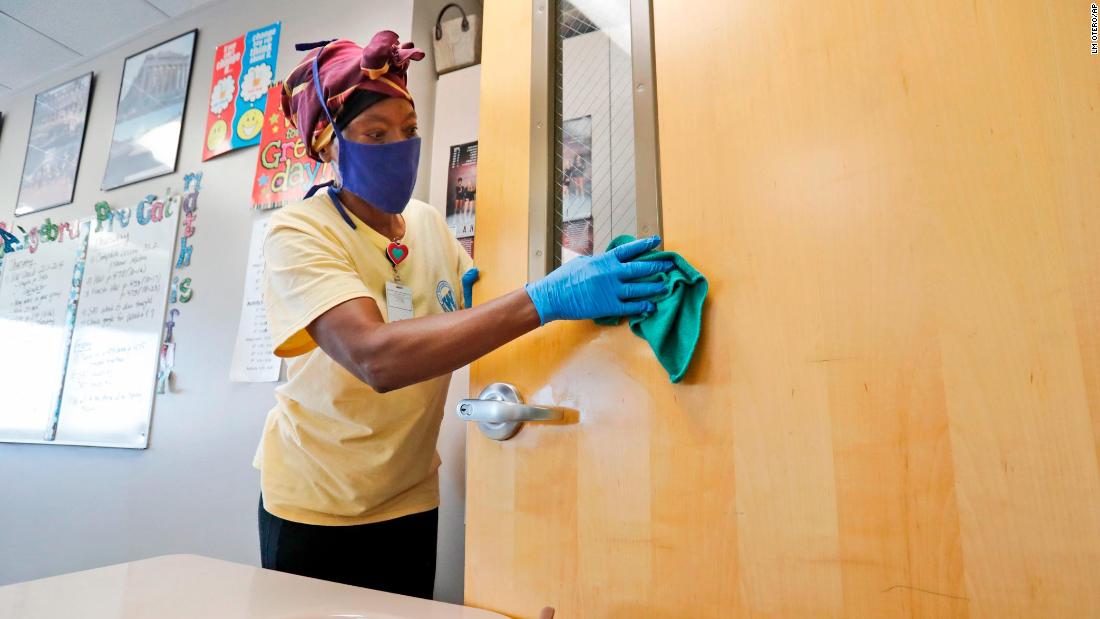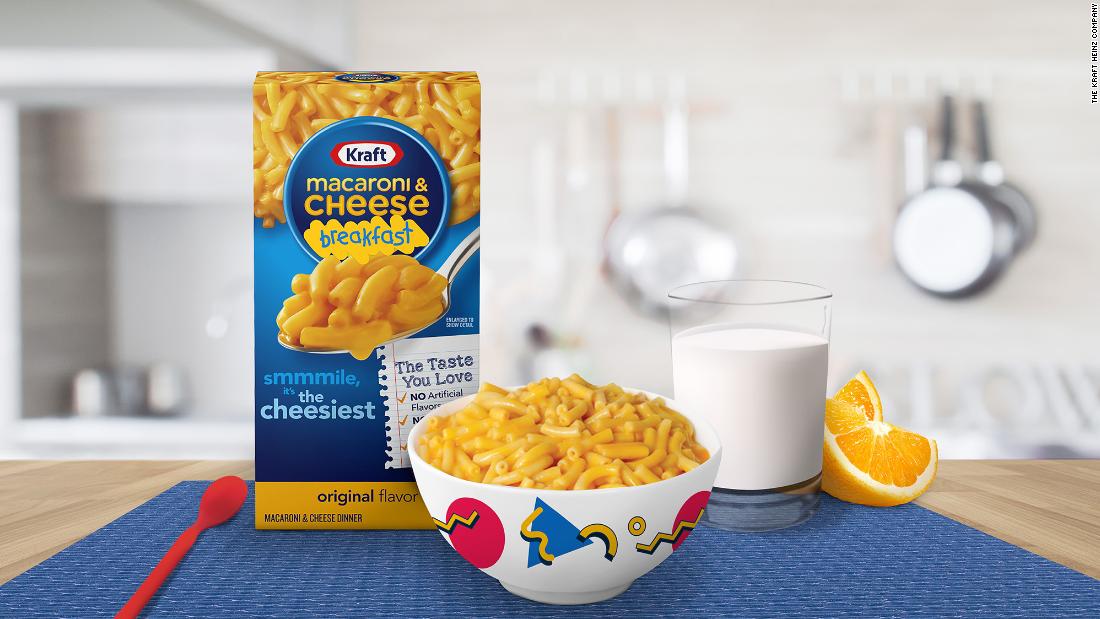From the article:
Programs born of good intent for reasons of national security and convenience no longer fit the bill. Instead of keeping our children and most vulnerable healthy and productive, we are now sicker than we were post-Depression. A 2018 report filed by
Mission: Readiness, a council of retired admirals and generals who advocate for policies that help kids stay healthy, in school and out of trouble, stated that, "In the United States, 71 percent of young people between the ages of 17 and 24 do not qualify for military service," noting exceptionally high rates of obesity starting as early as age 2.
The numbers have flipped, and so have the health conditions. Fewer Americans are
physically ready for work and war than in 1945, yet, instead of being underweight and malnourished, they are overweight and malnourished.
Now during this pandemic, our industrialized food system, optimized for efficiency over resilience, seems to be failing. One only has to witness farmers
dumping milk and fresh produce and see the Depression-era-style
lines wrapped around food banks to realize the depths of our food crisis. Now is the time to both address nutrition insecurity and support regional and specialty farmers.
The first time this issue pinged on my radar was when I was finishing up school and working for a public health non profit in NOLA. We were seeing extreme "food deserts" in the NOLA neighborhoods that were hit hardest by H. Katrina. A food desert is a place with no grocery store access to fresh foods like fruit, veggies and meat. These neighborhoods are often kept afloat by small convenience stores, but unlike a New York bodega, our NOLA stores only sold convenience foods, nothing fresh. We worked with these small corner stores and got subsidies for them so they could add fruit and veggies to their stores. This was always a problem, but we didn't have a massive event to clue us in until now. We throw away so much nutritionally dense foods due to spoilage and our current programs are focused on calories instead of nutritional value. I really, really hope that we start to re-examine our food production and pivot away from calorically dense but nutritionally devoid foods as staples of the American diet and start talking about nutritional value in a real way. Local farmers should be shipping food to school cafeterias, not Tyson or ConAgra.










